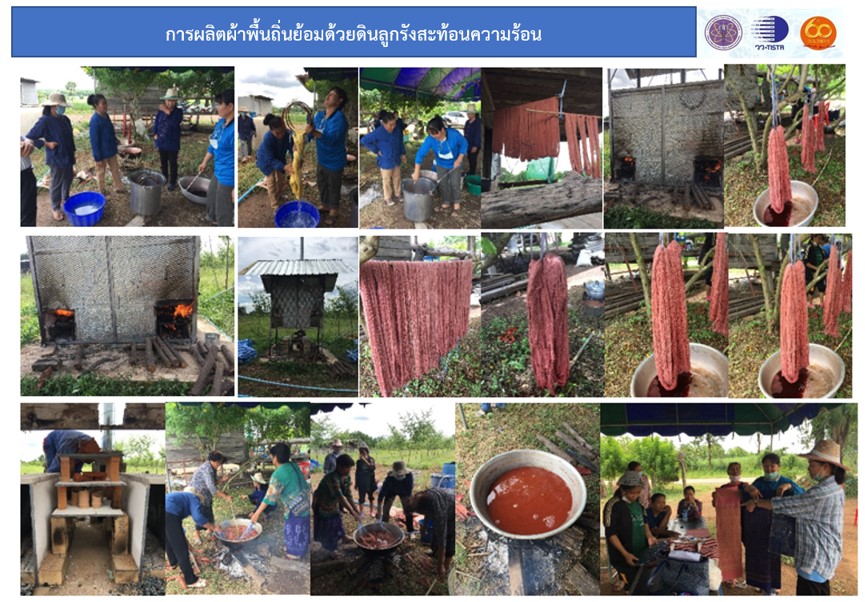TISTR, in cooperation with Loei Province, successfully developed dying technology with laterite soil, to launch Thailand’s first heat reflecting fabric product. It concretely upgraded community identity to be a community product which can reflect heat better than other fabric products.
TISTR by InnoMat, in cooperation with a local community of ‘Ban Santi Pattana’, Non Pa Sang Subdistrict, Pha Khao District, Loei Province, successfully developed dying technology with laterite soil for local fabric, to develop a product prototype with strong features, by utilizing raw materials available in local areas and developing fabric which can reflect heat better than other fabrics’.
‘Aside from the collaboration to create value-added to ornamental flowers and plants in Loei Province, TISTR and Loei Province have worked together to develop a heat reflecting fabric product by using science, technology and innovation. It can create value-added to local resources and develop environmentally-friendly product. Also, its results can expand career opportunities and increase incomes to the community’, Dr. Chutima Emchotchawalit, a Governor of TISTR, said.
Dr. Chumphol Busabok, a InnoMat researcher and a project leader, informed that ‘Ban Santi Pattana’, Non Pa Sang Subdistrict, Pha Khao District, Loei Province, has abundant resources of bright-red laterite soils, plants with colored bark, and bark with high alkaline. Based on these bio diversities and local resources as community identities, TISTR developed a community product by using laterite soil pigment to reflect heat, combining it with bark water to dye thread, using high alkaline bark to make the pigment affix to the thread firmly, and weaving it into pieces of heat reflecting fabric. There is on one produce this kind of product before. The logo of the product is designed to reflect community identities, by using plant name of ‘Sang bamboo’ and village name of ‘Santiphab’, to create the correlation between the product and its logo. It can increase income to the community. Heat reflecting cotton price is at 300 baht/meter; 100% increasing compared with plain cotton normally at 150 baht/meter. Meanwhile, Heat reflecting silk price is at 1,200 baht/meter; 50% increasing compared with plain silk normally at 800 baht/meter.
If you need further information, or have any queries, or be interested in its technology transfer for commercialization, please contact Dr. Siriporn Larbkiettaworn, a Director of an Expert Centre of Innovative Materials (InnoMat), via email: siriporn@tistr.or.th
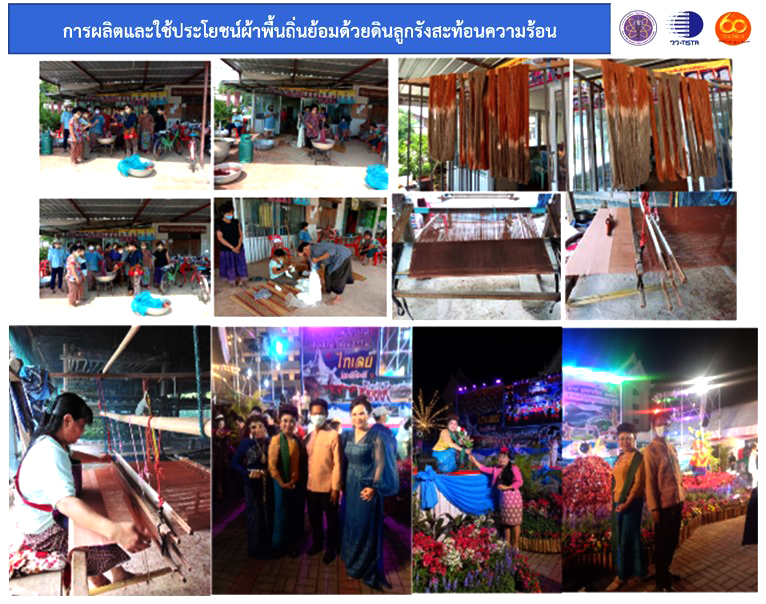
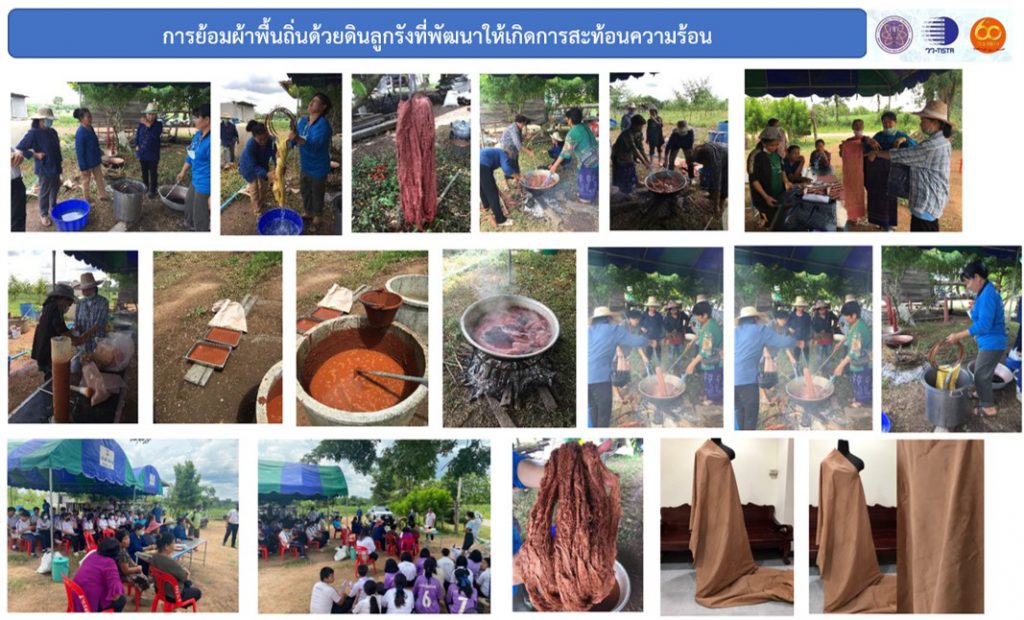
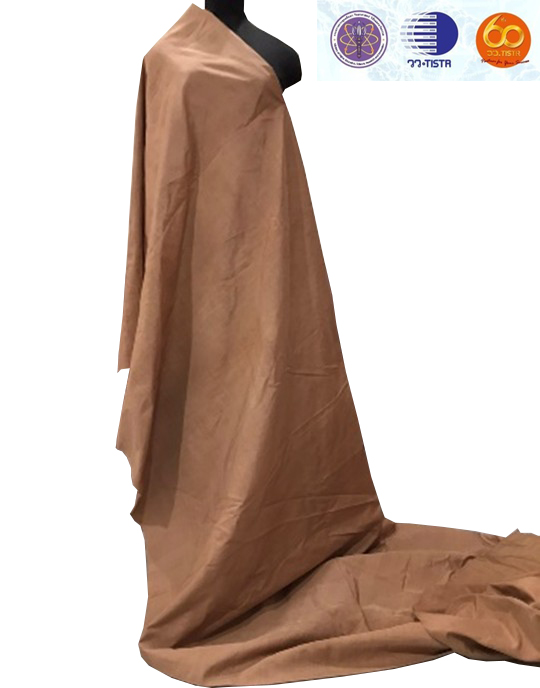
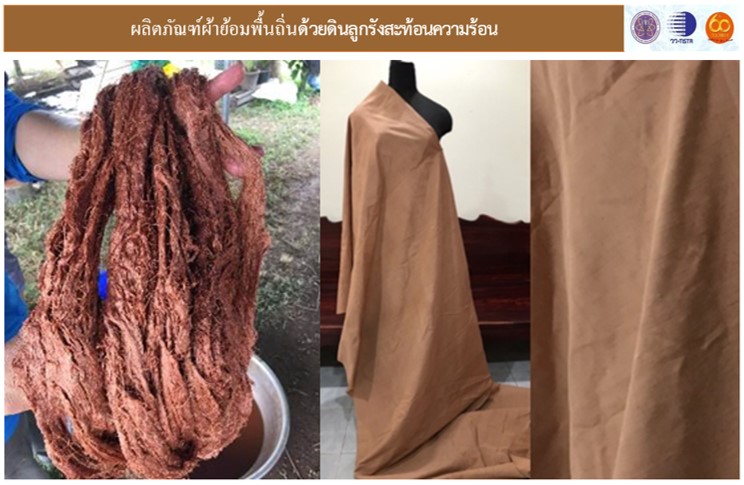
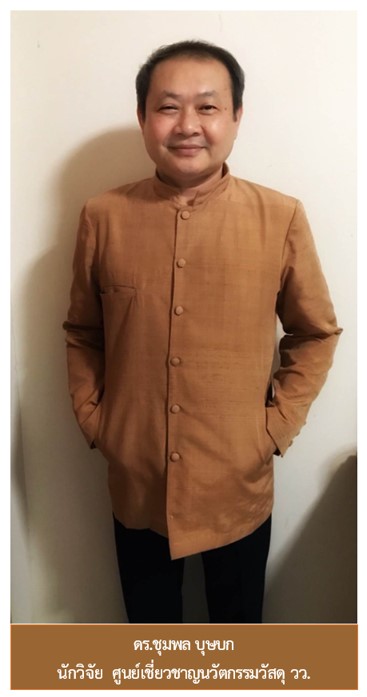
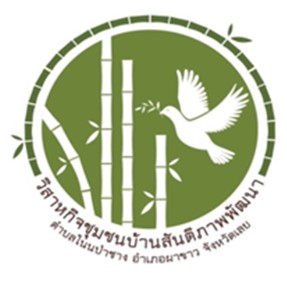
Views: 122

